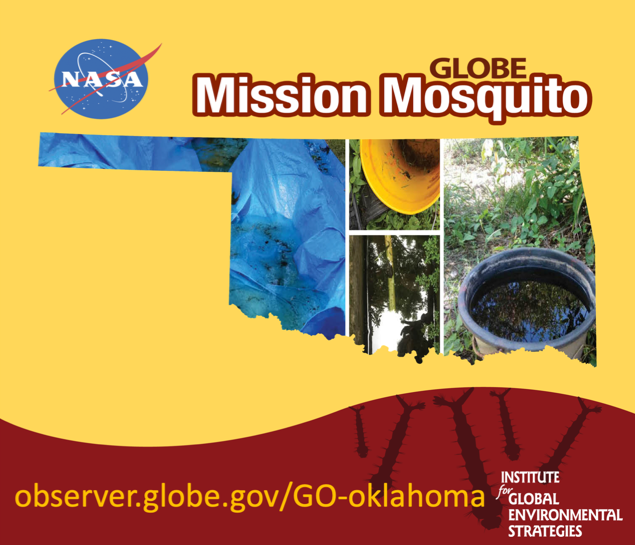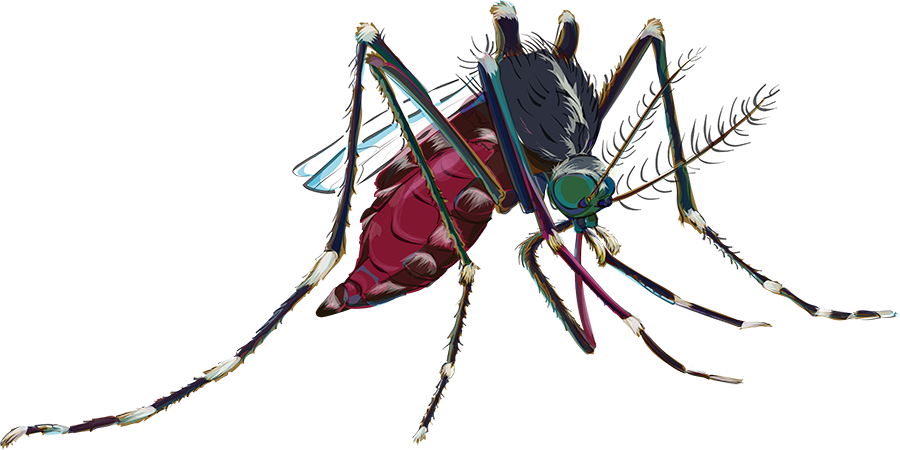GO Oklahoma - GLOBE Observer
GO Oklahoma!
Mission Mosquito with Oklahoma Citizen Scientists
Volunteers needed in the greater Oklahoma City – Norman, Oklahoma Area
Year 1: June 15 - October 31, 2019
Cancelled
Year 2: May 1 - October 31, 2020
Short link to this page: https://observer.globe.gov/go-oklahoma
Stay tuned for more information coming in early February for libraries, scout troops, 4H or other student groups who would like to participate in 2020.

What is the project?
Scientists Dr. Michael Wimberly, University of OK, Norman, and Dr. Caio Franca, Southern Nazarene University, Oklahoma City, are conducting mosquito research to help fight vector-borne disease and need your help. This summer they are recruiting citizen scientists of all ages who are interested in contributing to our understanding of mosquito biology and ecology and want to help make Oklahoma safe from mosquito-borne disease. Using NASA’s GLOBE Observer (GO) free mobile app, volunteer scientists will contribute their observations.
How many volunteers are needed and how much time will this take?
We are seeking a minimum of 100 volunteers to participate in the project during mosquito season 2019.
It’s estimated that participation will take no more than 1 hour per week (and most weeks less), over ~4.5 months, which can be done anytime during the week. The total volunteer hours would be roughly 18-20 hours over the summer. If interested, there will also be optional opportunities to participate in webinars, social media, and online chats with the project team and scientists. Indicate your interest by completing a short form here
We are looking for volunteers to make consistent observations, with the understanding that there will be occasional weeks when they will not be able to make the observations.
What is required of volunteers?
Volunteers are needed in the greater Norman–Oklahoma City area who are willing to place three mosquito larvae traps in and around where they live or work. The traps are small, stadium drink cup size and need to be placed in the shade. They can be unobtrusive, in a clump of grass or by a bush - only you and the mosquitoes will know that they are there. Volunteers will:
- Check the traps once a week to see if there are mosquito eggs or larvae in the traps, and record and submit their observations weekly using the free NASA GLOBE Observer mobile app, which is available at no cost in your app store.
- If they see eggs in their trap, collect the tongue depressors in a plastic bag and contact the scientist for pickup.
- Maintain the traps throughout the mosquito season.
- Be invited to attend a final workshop for participating citizen scientists to learn more about ongoing research on mosquito-borne diseases in Oklahoma and around the world.
Is it safe to do up-close observations of mosquitoes?
The up-close observations required for this project involve mosquito eggs and larvae that do not bite or transmit disease to humans.
Volunteers should use appropriate protection against mosquito bites while outdoors. This includes wearing a long-sleeved shirt and long pants and applying an approved insect repellent (containing DEET) to skin and clothing as directed on the product label. They should also minimize exposure time by collecting samples and returning indoors to analyze the samples.
It’s important to note that most mosquitoes are not harmful and play important roles in our ecosystem. Our focus is on artificial habitats, not interfering with natural habitats.
Why volunteer?
Citizen science volunteers will contribute to solving one of the biggest health problems humans face—mosquito-borne disease. Nearly a million people worldwide die from mosquito-borne disease and many more millions suffer from a mosquito-borne illness every year.
West Nile virus is already a problem in Oklahoma, and we are now seeing invasive species in our region that have the potential to transmit pathogens that cause other diseases in the future. This work aims to help us avoid future epidemics in the U.S. and worldwide.
What are the incentives for volunteers?
Participants join an international community of GLOBE Observers and will have multiple opportunities to engage with the NASA GLOBE Observer and Oklahoma science team, throughout the project via a website, interactive chats, video conferences and webinars. At the end of the project, participants will receive:
- A certificate recognizing their contribution.
- A small digital microscope that participants can keep at the end of the mosquito season.
- A digital badge that you can display on social media and online.
- An invitation to a final workshop for citizen scientists to learn more about ongoing research on mosquito-borne diseases in Oklahoma and around the world.
How will volunteers be trained?
We are also planning an informational webinar in early June for those who are interested in learning more. Face-to-face training will be conducted the week of June 17 and expected to take 1.5 hours.
What support will informal education organizations receive?
The GLOBE Mission Mosquito team provides professional development webinars for informal science educators (e.g., museums and science centers, libraries, scouts, 4H, zoos and aquaria, parks, public gardens, and more). Participants are introduced to scientists, biology, ecology and remote sensing science, participate in hands-on activities and make connections to NASA missions.
The project also provides materials for science education and outreach and access to a community of NASA scientists and education professionals. You will become part of a network of professionals and organizations.
For more information:
Dr. Michael C. Wimberly, Local Mosquito Research, Norman, mcwimberly@ou.edu
Dr. Caio Franca, Local Mosquito Research, Oklahoma City, cfranca@mail.snu.edu
Dr. Russanne Low, GLOBE Mission Mosquito Scientist, rusty_low@strategies.org
Cassie Soeffing, GLOBE Mission Mosquito, Informal Science Education Lead, cassie_soeffing@strategies.org
GLOBE Mission Mosquito is co-led by NASA Goddard Space Flight Center (GSFC) and the Institute for Global Environmental Strategies (IGES), working in collaboration with The GLOBE Program. This project is based upon work supported by NASA under IGES award No. NNX16AE28A: NASA Earth Science Education Collaborative .









